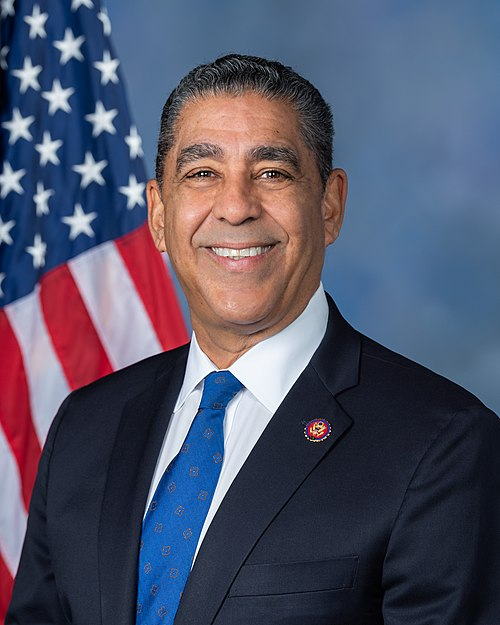H.R. 4651: Immigration Enforcement Staff Body Camera Accountability Act
This bill, known as the Immigration Enforcement Staff Body Camera Accountability Act, aims to require all immigration enforcement staff to wear body cameras during their official operations. Here is a breakdown of its primary provisions:
Body Camera Requirement
By a certain date, the leaders of U.S. Immigration and Customs Enforcement (ICE) and U.S. Customs and Border Protection (CBP) must ensure that all immigration enforcement personnel are equipped with body cameras while performing their duties. These cameras are intended to enhance accountability and transparency in immigration enforcement activities.
Implementation of Policies
To facilitate the body camera usage, the bill mandates that the Director of ICE and the Commissioner of CBP establish:
- Policies and procedures for proper use of the body cameras, including training for staff on how to use them.
- Guidelines for the use of artificial intelligence and facial recognition technology in handling and reviewing camera footage, while acknowledging the limitations of such technologies.
- Policies for disciplinary actions against staff members who fail to comply with body camera requirements.
Always-On Requirement
The bill stipulates that body cameras must be activated at the start of shifts and remain operational for the entire duration of those shifts.
Access to Footage
Footage captured by the body cameras must be made available to relevant parties involved in any administrative or legal proceeding concerning incidents captured on video. If this footage is not provided, parties can formally notify the appropriate enforcement authority to encourage compliance.
Rulemaking Process
The Secretary of Homeland Security is required to begin creating rules regarding the body camera policy within 60 days of the bill's enactment. This rulemaking must align with existing civil rights guidelines and previous legislative proposals concerning body cameras.
Accountability for Non-Compliance
Immigration enforcement staff who fail to record footage during mandatory camera-on periods may face disciplinary measures, including furloughs, pay reductions, or suspensions. A malfunction can only be claimed if staff provide adequate evidence to support that assertion.
Annual Assessments
The Inspector General of the Department of Homeland Security is tasked with conducting yearly assessments on privacy impacts related to how body camera footage is managed, stored, and shared.
Funding Provisions
No new funding is authorized to implement the requirements of this bill. It is to be realized with existing budget allocations.
Definition of Immigration Enforcement Staff
The term "immigration enforcement staff" as used in the bill encompasses:
- All agents and officers of U.S. Customs and Border Protection (CBP).
- All agents and officers of U.S. Immigration and Customs Enforcement (ICE).
- All staff members at immigration detention facilities who have direct interactions with detainees.
Relevant Companies
None found
This is an AI-generated summary of the bill text. There may be mistakes.
Sponsors
1 sponsor
Actions
2 actions
| Date | Action |
|---|---|
| Jul. 23, 2025 | Introduced in House |
| Jul. 23, 2025 | Referred to the Committee on Homeland Security, and in addition to the Committees on the Judiciary, and Ways and Means, for a period to be subsequently determined by the Speaker, in each case for consideration of such provisions as fall within the jurisdiction of the committee concerned. |
Corporate Lobbying
0 companies lobbying
None found.
* Note that there can be significant delays in lobbying disclosures, and our data may be incomplete.
Potentially Relevant Congressional Stock Trades
No relevant congressional stock trades found.
